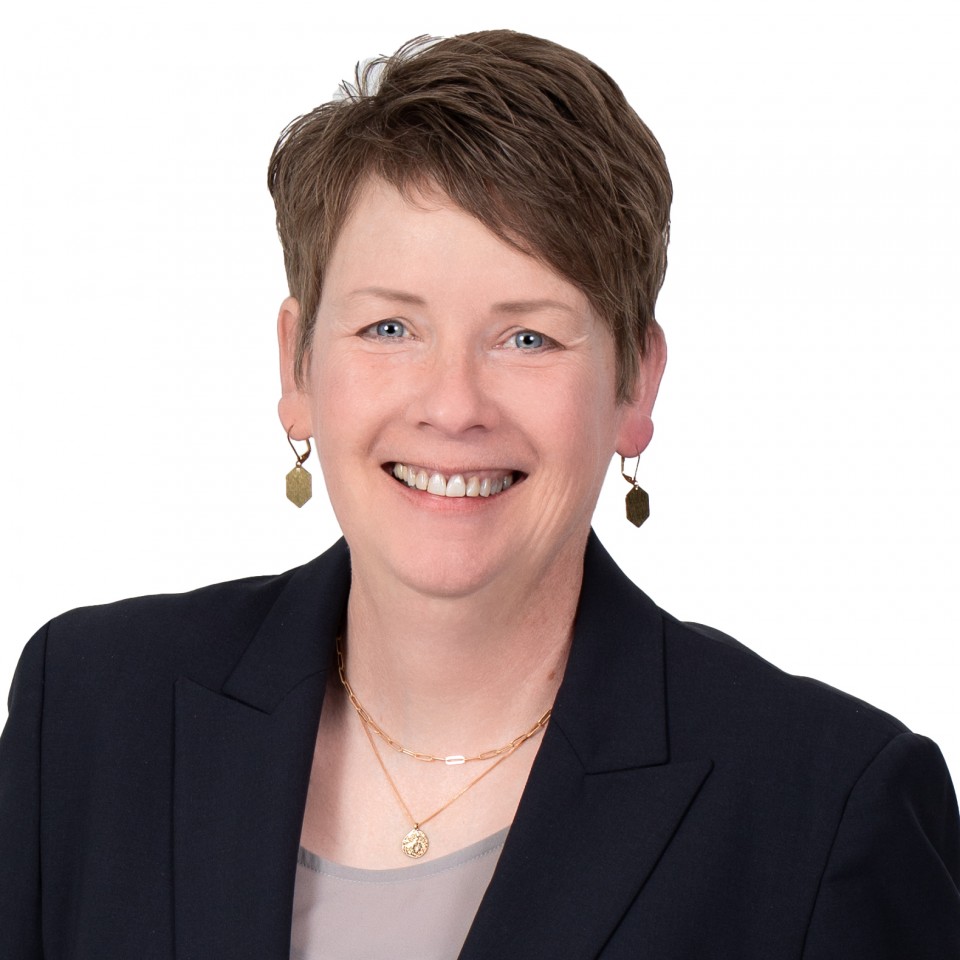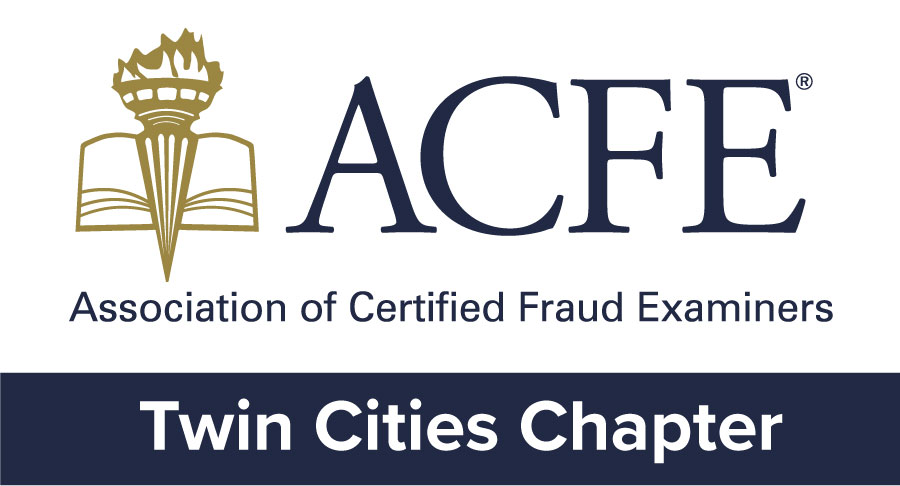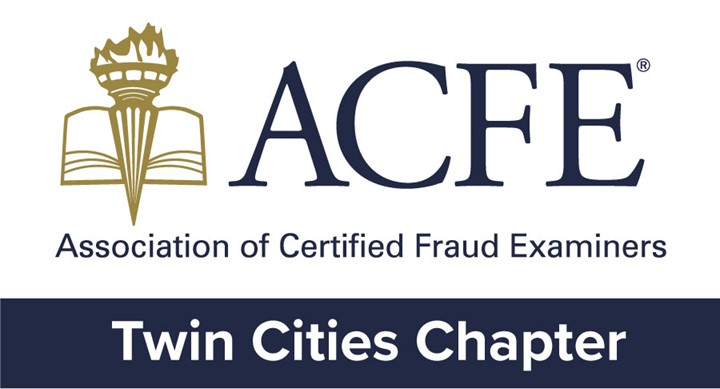The Twin Cities Chapter of Certified Fraud Examiners (TCCCFE) is pleased to announce our February ethics training session. Please see additional details below.
Attendees will receive credit for three ethics CPE credit hours. We hope to see you there!
What’s driving your ethics and code of conduct?
Suzan McGinnis

Speaker Bio:
Speaker Topic:
*What makes a Code a strong governance document.
*How to evaluate a Code for fluff vs teeth.
*Recommendations on language to make sure to include and exclude in Codes of Conduct.
*Using a strong Code effectively in investigations.
__________________________________________________________
Lisa Beth Lentini Walker

Speaker Bio:
Lisa Beth Lentini Walker is the AGC, Corporate Legal of Marqeta, Inc. (a NASDAQ-listed FinTech) and is the CEO of Lumen Worldwide Endeavors, a firm specializing in compliance, governance and ethics consulting. She also is an adjunct professor of law in the U.S. and EU. Lisa Beth has led award-winning legal and compliance departments within large public corporations and privately held enterprises. She does this by strategically aligning resources to create efficiencies and advising the board of directors to further strategic initiatives while mitigating risks in all aspects of the domestic and global operations. She has held corporate secretarial, legal, compliance, ethics, governance and risk positions as an attorney at a Fortune 50 corporation, as the compliance leader of a global travel company operating in 150 countries and as the corporate secretary, chief compliance officer and co-chair of the risk council at a NYSE-listed corporation. Lisa Beth also served with U.S. Securities and Exchange Commission in Washington, D.C., in the Divisions of Corporation Finance and Enforcement. Lisa Beth is a member of the Minnesota, New Jersey, New York and District of Columbia bars. She is a National Board Certified Health & Wellness Coach (NBC-HWC) and a certified meditation and mindfulness specialist. Lisa Beth co-authored the book, “Raise Your Game, Not Your Voice: How Listening, Communicating and Storytelling Shape Compliance Program Influence” in 2021.
Speaker Topic:
Ethics, Morality or Something Else? - Topics related to values in business and in life are heavily loaded with meaning that we attribute to those terms based on lived experiences and formative background. This can lead to the risk of bias in investigations and in implementing cultures within organizations. Understanding expectations and implementing fair practices aligned to shared values is critical to culture building, trust and integrity. It is also an area that needs to be mindfully developed and cultivated.
*What terms like ethics and integrity can mean in different organizations and how to find clues
*How biases and assumptions can impact investigations in the workplace
*What we can do to identify stated and unstated expectations and biases
*How to maintain independence and focus on fact-finding

